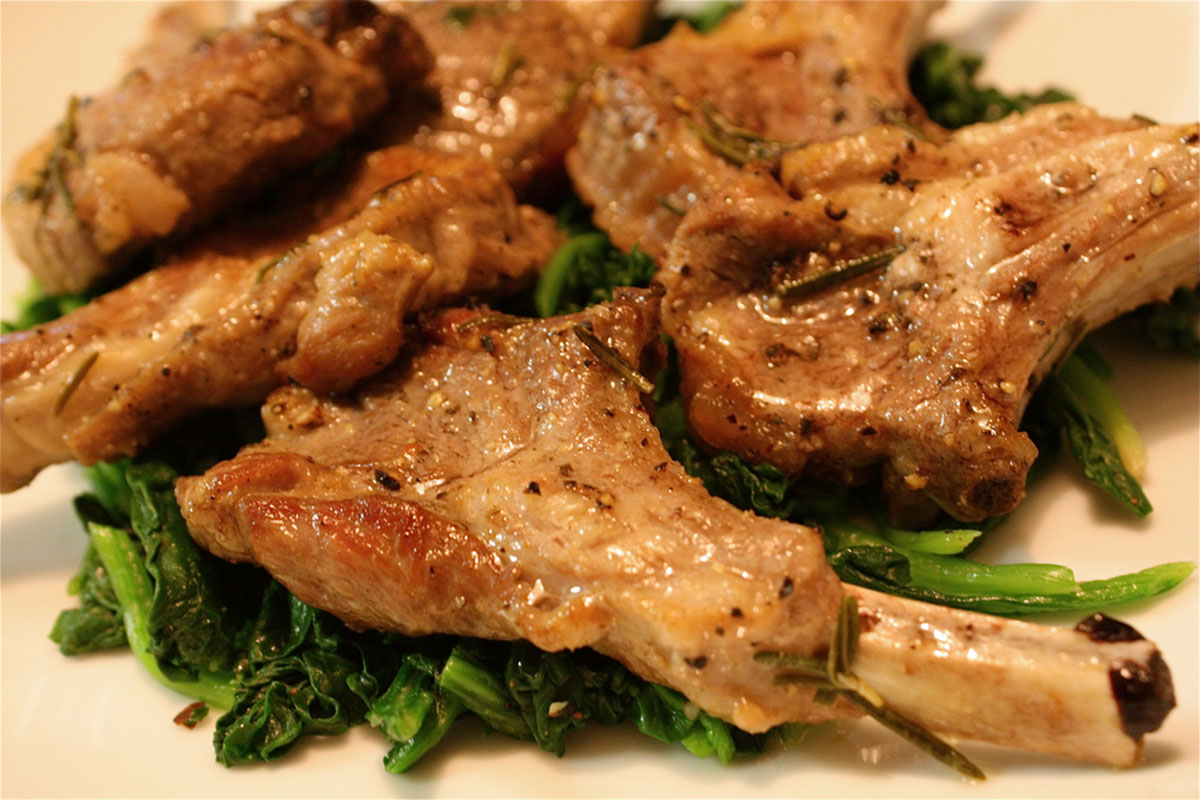Table of Contents
4. Noni juice
What could possibly be kidney-toxic about this Tahitian fruit juice? The problem with noni juice is precisely that it is extremely nutritious. Noni juice contains so much potassium that people who have existing kidney disease and people who take ACE-inhibitors or ACE-receptor blockers for high blood pressure should not drink it.

5. Rhubarb, spinach, and lamb's quarters
Rhubarb, which is always served cooked, spinach, either cooked or uncooked, and especially lamb's quarters contain extremely high amounts of oxalic acid, which can cause kidney stones. They are OK for an occasional change of pace but people who are prone to kidney stones should avoid eating the more often than every few weeks.
6. Juniper berries, parsley, horsetail, lovage, golden rod, stinging nettle, asparagus root, uva-ursi, and alfalfa sprouts
These common diuretic herbs really should be called "aquaretic."
As a result, sodium, potassium, and magnesium can build up in the bloodstream to unhealthy levels. Any loss of "water weight" will only be temporary, as the body will have to replace the fluid lost and more to dilute the electrolytes accumulating in the bloodstream. These herbs should also be avoided by people who have kidney stones, since the buildup of urine increases the likelihood the stones will be dislodged.
7. Vitamin C
Vitamin C taken in doses of over 2,000 mg a day can induce oxalosis, which can lead to the formation of kidney stones.
8. Cranberry juice tablets
Unsweetened cranberry juice contains complex polysaccharides that keep bacteria from attaching themselves to the lining of the urinary tract. Cranberry juice tablets, however, contain oxalic acid that can accelerate the formation of kidney stones.
9. Other directly toxic nutritional supplements
Chromium picolinate, taken in a dosage over 1600 micrograms per day (about 16 times the recommended dosage), can cause destruction of the tubules that has to be treated with dialysis. The body building supplement creatine monohydrate, taken in doses of 5 grams per day, can cause acute tissue destruction in the kidneys, which is preceded by nausea, vomiting, and flank pain. Chronic use of L-lysine supplements, usually to keep herpes infections under control, in doses of 3000 mg per day, has in at least one case caused Fanconi syndrome, which manifests itself as extreme acidity and dehydration. Germanium and nickel supplements taken in excess can be directly toxic to the kidneys.
See Also: Ten Home Remedies for Kidney Stones: Renal Calculi Treatment
Bits and pieces of proteins from the muscles can cause irreversible kidney failure. The first sign of rhabdomyolysis is extreme muscle pain. Even if you expect muscle pain from working out, see a doctor immeidiately. Creatine, licorice, and wormwood oil have all been known to induce rhabdomyolysis.
10. A special warning about pennyroyal
The herb pennyroyal is extremely toxic to parasites. Unfortunately it is also extremely toxic to people. No one should ever take pennyroyal by mouth. This herb can cause a combination of liver and kidney damage that is rapidly fatal even with modern medical treatment.
- Effects of herbal supplements on the kidney. Combest W, Newton M, Combest A, Kosier JH. Urol Nurs. 2005 Oct. 25(5):381-6, 403. Review. No abstract available.PMID: 16294617.
- Jha V. Herbal medicines and chronic kidney disease. Nephrology (Carlton). 2010 Jun.15 Suppl 2:10-7. doi: 10.1111/j.1440-1797.2010.01305.x. Review. PMID: 20586941.
- Photo courtesy of JonoTakesPhotos by Flickr: www.flickr.com/photos/jonathanbeard/2941770446
- Photo courtesy of Naotake Murayama by Flickr: www.flickr.com/photos/naotakem/4677570942


Your thoughts on this